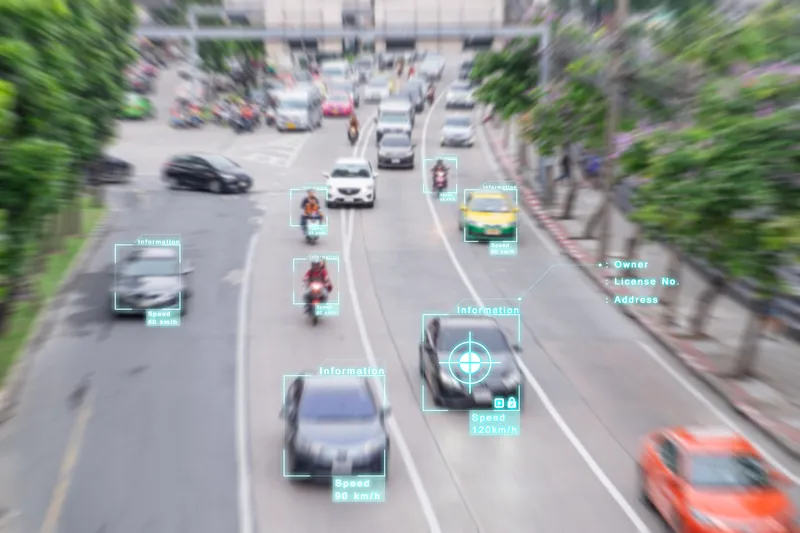While the financial community praises Chile as a safe haven and pioneer in Latin American infrastructure, investors say that political leaders lack commitment to push for projects, and they have called for the creation of an independent authority to plan public works and coordinate projects.
Chile's construction chamber has proposed the installation of an agency, such as those that exist in Canada and New Zealand, which would be independent from the national government and would plan long-term infrastruc
October 22, 2013
Read time: 2 mins
While the financial community praises Chile as a safe haven and pioneer in Latin American infrastructure, investors say that political leaders lack commitment to push for projects, and they have called for the creation of an independent authority to plan public works and coordinate projects.
Chile's construction chamber has proposed the installation of an agency, such as those that exist in Canada and New Zealand, which would be independent from the national government and would plan long-term infrastructure projects.
"We're creating these organisms to produce political will. Today, we're focusing on people. People are demanding hospitals. People are blocking roads because they don't get hospitals," Carlos Zeppelin, head of the infrastructure committee at Chile's construction chamber said at the Southern Cone Infrastructure Summit.
The idea of an independent infrastructure agency was backed by Marcelo Consolo, general manager of Autopistas de Antofagasta, which holds the concession of several highways in northern Chile.
"A vision towards the future is key. A transport agency is central because you take it out of the political game. Whatever a minister says about a project today is only temporary; the next one has the power to say it’s no good and we have to start over again," Consolo said.
For instance, President Sebastián Piñera's administration decided to split the US$2 billion Vespucio Oriente highway concession into two tranches, cutting out the tunnel's last 4 kilometres, which is being strongly opposed by local residents. However, Piñera leaves office in March, and Michelle Bachelet, the opposition presidential candidate who is leading polls for next month's election, reportedly wants to tender the entire 13 kilometres of Vespucio Oriente highway in one phase instead of two. That means the current tender for the project could be called off.
"In the end, it costs a lot to turn the machine back on and get to work," Consolo said, calling for the new agency to be developed via political consensus between the main political parties.
The Chilean chamber of construction has estimated the country will have a US$100bn infrastructure deficit by 2020.
Chile's construction chamber has proposed the installation of an agency, such as those that exist in Canada and New Zealand, which would be independent from the national government and would plan long-term infrastructure projects.
"We're creating these organisms to produce political will. Today, we're focusing on people. People are demanding hospitals. People are blocking roads because they don't get hospitals," Carlos Zeppelin, head of the infrastructure committee at Chile's construction chamber said at the Southern Cone Infrastructure Summit.
The idea of an independent infrastructure agency was backed by Marcelo Consolo, general manager of Autopistas de Antofagasta, which holds the concession of several highways in northern Chile.
"A vision towards the future is key. A transport agency is central because you take it out of the political game. Whatever a minister says about a project today is only temporary; the next one has the power to say it’s no good and we have to start over again," Consolo said.
For instance, President Sebastián Piñera's administration decided to split the US$2 billion Vespucio Oriente highway concession into two tranches, cutting out the tunnel's last 4 kilometres, which is being strongly opposed by local residents. However, Piñera leaves office in March, and Michelle Bachelet, the opposition presidential candidate who is leading polls for next month's election, reportedly wants to tender the entire 13 kilometres of Vespucio Oriente highway in one phase instead of two. That means the current tender for the project could be called off.
"In the end, it costs a lot to turn the machine back on and get to work," Consolo said, calling for the new agency to be developed via political consensus between the main political parties.
The Chilean chamber of construction has estimated the country will have a US$100bn infrastructure deficit by 2020.








